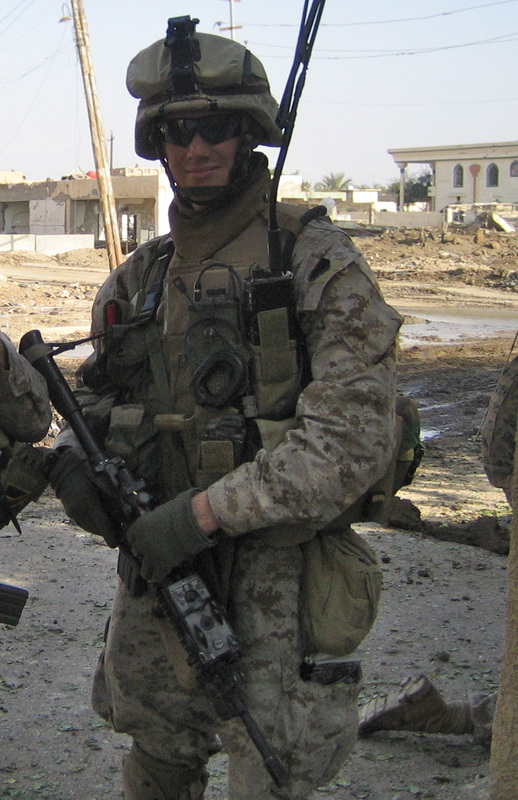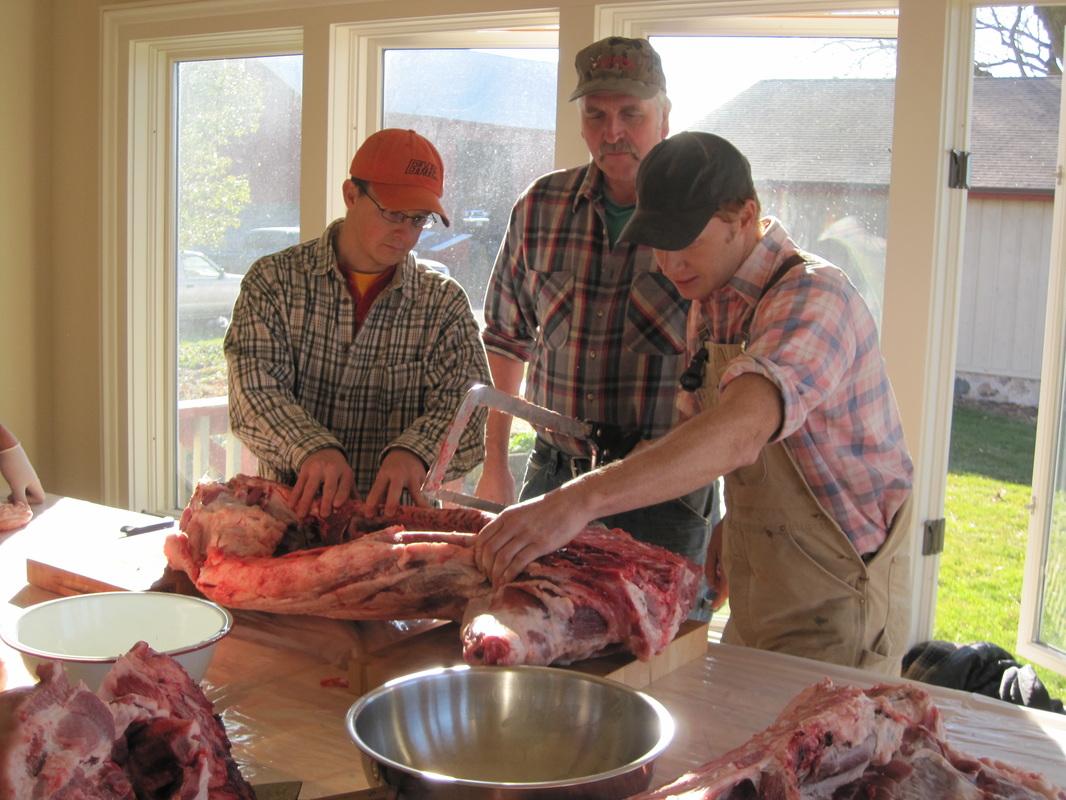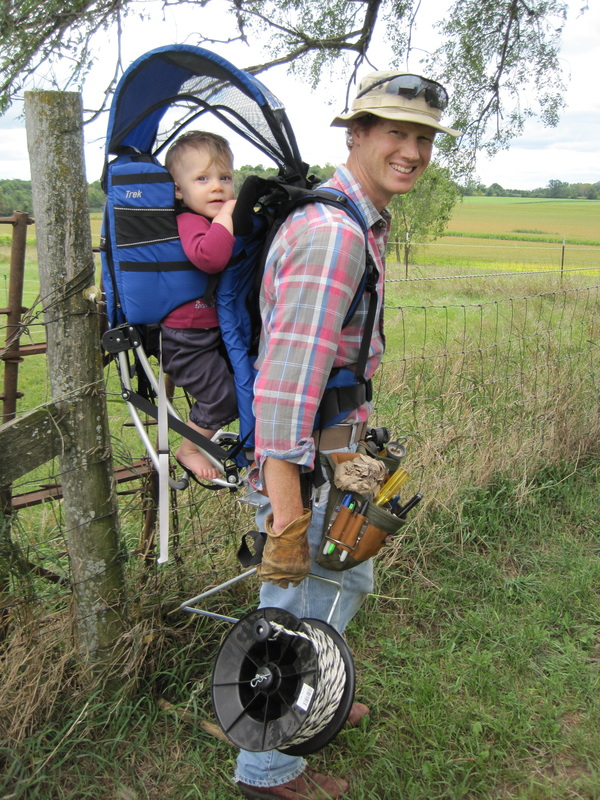|
I grew up on an innovative organic grain and livestock farm in Illinois. Work ruled the day and no job was finished until it met my dad’s exacting criteria. I enjoyed the rigor and responsibilities, but dreamed of challenges and adventure in the military. In college, I quickly gravitated to the Marine Corps’ harsh meritocracy that rewards intense dedication to task. I pinned on Second Lieutenant bars at UW-Madison in May 1997. A decade into what was going to be a four-year tour, I commanded a 150-man Marine Rifle Company in Iraq’s Fallujah Peninsula. Despite the loses and trauma from that whirlwind deployment, I'm grateful for the experience. Our weeks were an ever-frothing mixture of community policing, investigative analysis, small arms fire, social work, planned and unplanned explosions, and diplomacy—sometimes all in one day. That tour gave me a lifetime of lessons in the power of relationships and restraint. We lived in the villages, fought insurgents, and eventually quelled the insurgency by building relationships with locals—including some of the same people who had tried to kill us. We walked everywhere, immersing ourselves in the tribal culture and local personalities. We discovered that our eyes and judgment were better at finding IEDs than the technology that most units depended upon. My Marines engaged their minds before their weapons, learning that understanding situations and people could be more powerful than any shot we fired. We shared meals with villagers and sometimes traded diesel fuel to farmers for sheep so we could eat fresh meat at our patrol bases. On patrols, I often couldn’t help checking out Iraqis’ crops, livestock, and often crude or creatively-repaired farm machinery. People fed us out of gratitude, and the Iraqis’ hobus, rice, mutton, and fresh vegetables beat the Arsenal of Democracy’s shelf-stable rations and gas-station-snacks. How Iraqis produced good food with so little stuck with me. I never saw myself as a career Marine; there were too many other things I wanted (and still want) to try in life. I left the Corps immediately after that deployment and promotion to Major. I planned on teaching high school history. Several paths later, nothing seemed satisfying for long. My wife, Sarah, and I had spent a decade living on either coast but came back to the Midwest when we decided to have kids. We’d always talked about having a place to grow more of our own food. With parenthood looming in the spring of 2010, we rented a 7-acre farm. While taking care of our newborn twins that summer, we raised a 1/3 acre garden, chickens, and three hogs, which we butchered on the farm that fall. Nothing else had satisfied my need for intellectual and physical challenges and a sense of purpose as much as raising food to feed my family and friends. Five years and two moves later, we settled on 32 acres outside Sun Prairie, Wisconsin. My Iraq experience influences how I farm. To me, the tools of industrial agriculture seem like so much firepower. I don't have a problem with modern military or agricultural technology, but the second and third order effects of both demand that they be used more wisely and with restraint. Instead of relying on chemistry or horsepower, I'm trying to understand the relationships between plants, animals, and environment, so I can raise food that produces the best outcomes for all, which includes our own well-being. I farm from a "generative question" -a kind of north star that guides me: "How do I live and work in ways that bring joy, feed my family and customers, and benefit the land, animals, and community while remaining financially sustainable?” In the spring of 2021, I started Odyssey Collaborations, a leadership coaching and change management consulting business that helps individuals and organizations at the intersections of food, farming, and environment. The deep work centers on bringing regenerative principles from the farm field to the leadership field. The leadership work, my counterinsurgency experience in Iraq, and practicing regenerative agriculture all share tremendous overlaps: immerse yourself in the system, learn to let go of what you think you know, observe without judgement, start seeing the relationships, and facilitate the relationships improve wellbeing for all. Life is a series of intertwined journeys— coming home from war; striking out on new endeavors; raising children; seeing relationships and thinking evolve over time. Homer’s Odysseus fought for ten years and took ten years to come home. I served ten years and took almost ten to start the farm, hence the name–Odyssey Farm. I stayed with the naming convention for the coaching and consulting business because understanding how our thinking influences our perspectives and relationships in work and life are all part of the journey. Aren’t we all trying to make our way to better? Find a Way Ryan |
| Odyssey Farm, LLC. | About |
Odyssey Farm, LLC
|
Dane County Climate Champion
|
608.616.9786
|
Copyright © 2016


